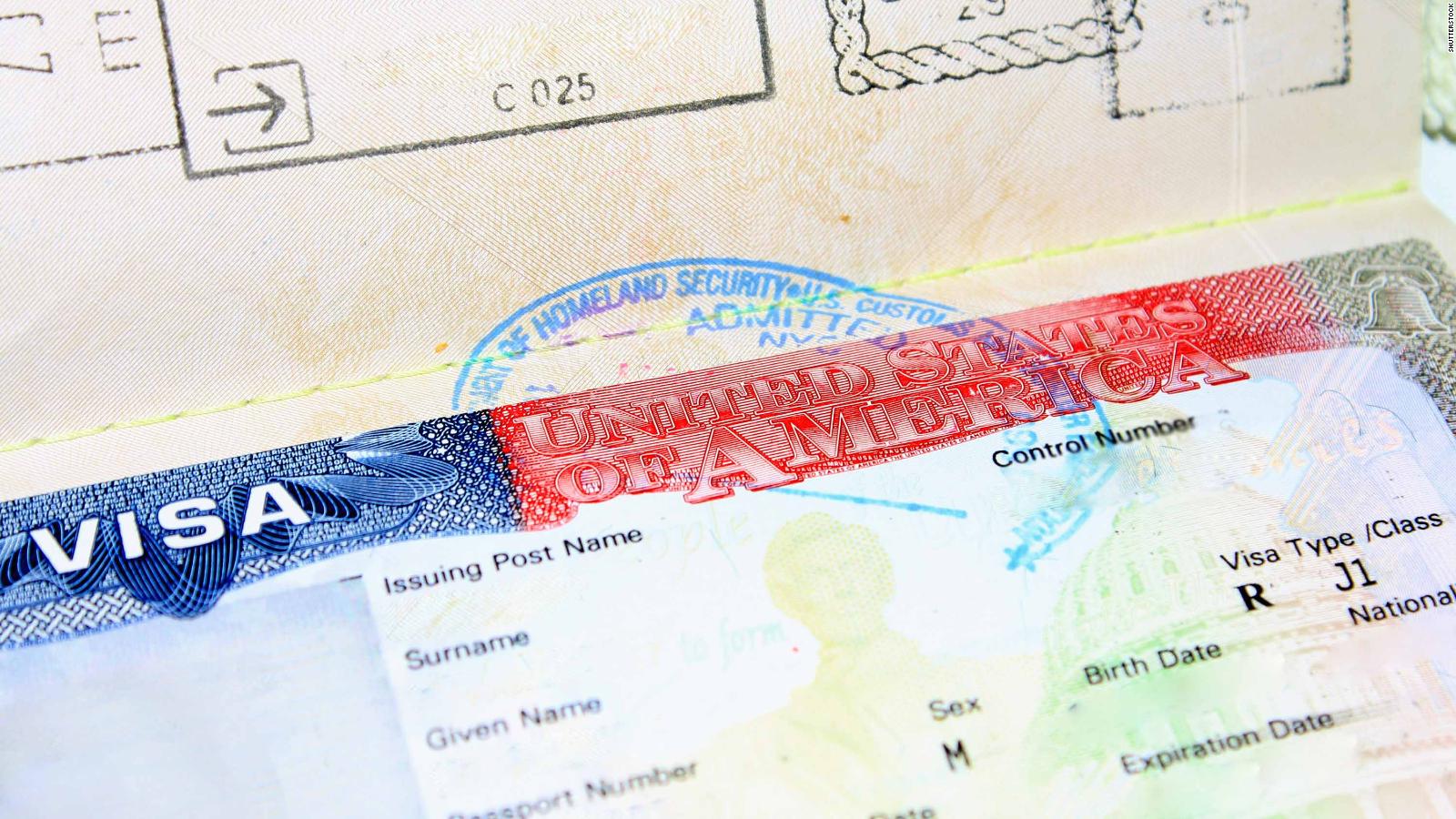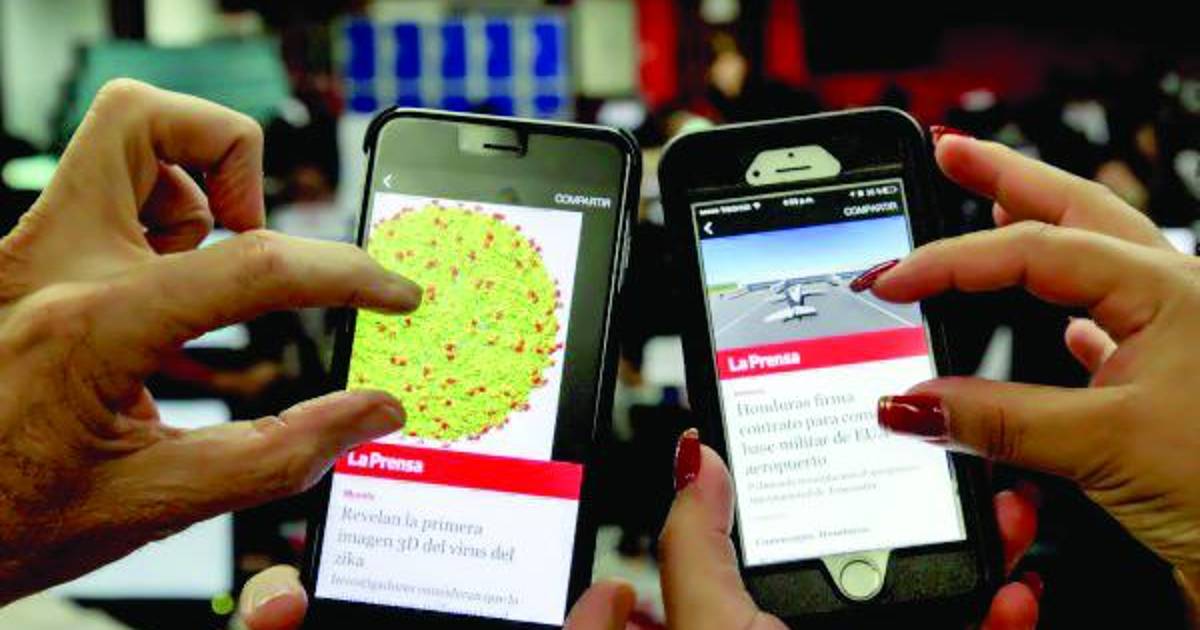United Airlines Economy class passengers will begin window seating first starting this week in a bid to reduce the time planes spend on the ground. The airline indicated in an internal memo that it would implement this plan on October 26. The plan, called WILMA, for window, middle and aisle, has been tested in several locations and was determined to be able to shave up to two minutes off boarding time.
Variations of this Wilma approach have been around for many years. “Distribute people along the aisle of the plane so that more people can store their luggage at the same time. “This is the main reason that speeds up the boarding process.”said Jason Steffen, an associate professor of physics at the University of Nevada, Las Vegas, who modeled his approach a decade ago.
Advertising
Keep seeing more content
This change will begin with passengers in the fourth boarding group. Customers in First and Business Class will not see any changes to their routine.There will also be no changes for those with priority boarding privileges, such as travelers with disabilities, unaccompanied minors, active-duty military personnel and families with children under the age of two.
When there are multiple customers in the same economy class reservation, such as families, they will be allowed to board together, Chicago-based United said.
This new policy will apply to domestic flights and some international flights.
Airlines have long sought the perfect boarding process. Even Orville and Wilbur Wright flipped a coin to decide who would occupy the only seat in their flying machine.
United is making these changes now because it says average boarding time has increased by two minutes since 2019.
Adjustments to the boarding process have been increasing since airlines began charging fees for checked baggage more than a decade ago. This fee encourages passengers to bring carry-on baggage, which generally remains free, except on low-cost airlines such as Spirit and Frontier.
The pressure for faster boarding is also complicated by airlines’ willingness to sell or give early boarding to elite members of their frequent flyer programs. Only after these people are seated, usually near the front of the plane, can everyone else board the plane, passing priority customers on their way to their seats at the back of the cabin.
“Priority boarding is a moneymaker. To some extent, that money is more worth it than worrying about boarding three minutes early every time,” said Seth Miller, who writes about the U.S. travel experience. baxx.ero.
Two minutes doesn’t make much of a difference on a transatlantic flight, but on shorter, high-traffic routes, such as the Northeastern United States or between the Hawaiian Islands, delays tend to spread, resulting in flights being increasingly delayed at the last minute.
If some passengers are late stowing their luggage and finding their seat, it could make the difference between a flight arriving on time or being delayed in the official government statistics.
The last passengers to board the plane face the risk of not having space for their carry-on luggage in the overhead compartments. This causes passengers in subsequent boarding groups to crowd into the gate area to get ahead of others. Gate agents and experienced travelers call line jumpers “gate parasites.”

“Social media evangelist. Student. Reader. Troublemaker. Typical introvert.”

:quality(85)/cloudfront-us-east-1.images.arcpublishing.com/infobae/XMMRFEI2OVHFLBEOD3SJKHOKJY.png)




:format(jpeg)/cloudfront-us-east-1.images.arcpublishing.com/gfrmedia/3CR627P2K5DPJH2OIWSS6L6HCQ.jpg)
More Stories
Mobile data, another account in the basic basket in Honduras
This is a Mother’s Day promotion
T-Mobile offers savings options to its customers